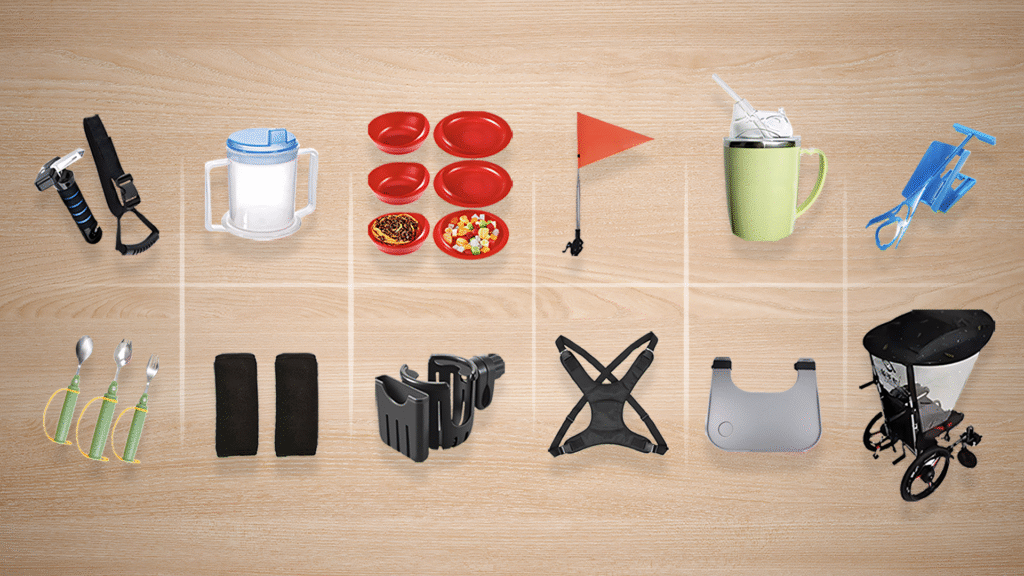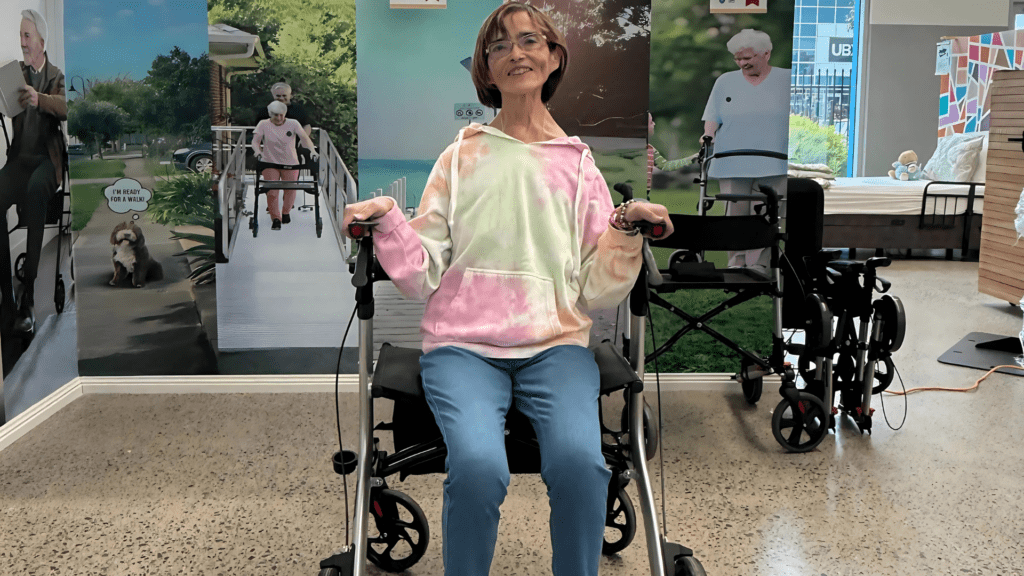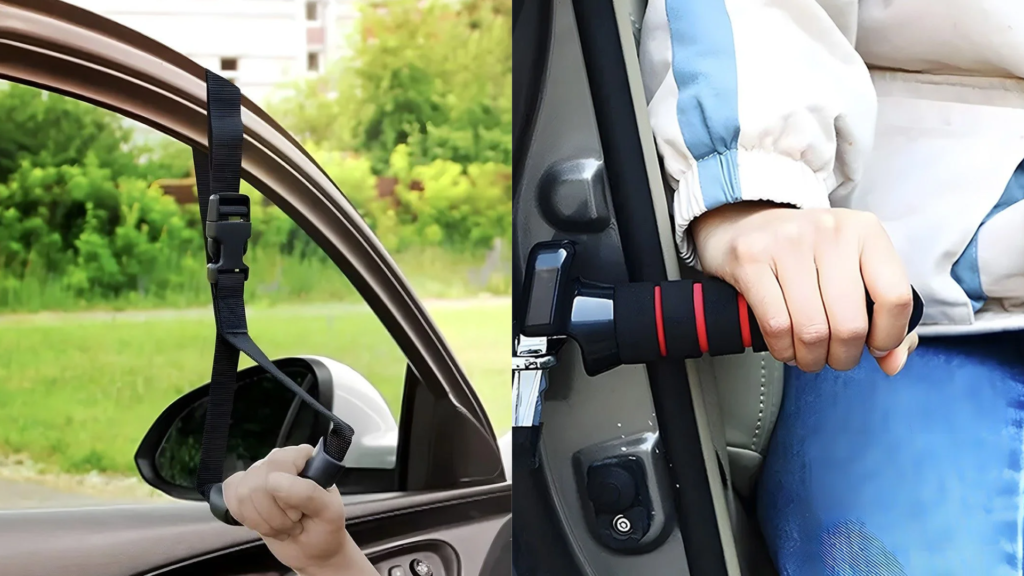As more Australian seniors choose to age in place, independent living aids are becoming essential. These products help older adults maintain daily routines, safety, and confidence while living alone. In 2025, the selection of independent living aids available has evolved to meet the unique needs of seniors, carers, and support coordinators alike.
Whether it’s a simple reacher tool or a wireless alert system, the right aids can make a meaningful difference in independence and peace of mind.
Why Independent Living Aids Matter More Than Ever
For many older Australians, living independently is closely tied to quality of life. However, aging often brings challenges with mobility, vision, grip strength, and memory. Daily living aids offer practical solutions to address these limitations without requiring constant assistance. When seniors live alone, these tools can reduce the risk of accidents, support safe routines, and enable tasks like dressing, toileting, or meal prep to be done more comfortably. Key benefits of using these aids include:- Reduced risk of falls or injury
- Improved personal hygiene and dignity
- Greater confidence in managing daily activities
- Fewer hospital visits due to preventable incidents
Top Aids for Safety, Comfort, and Convenience
The market for elderly care products in 2025 is wide-ranging, with innovations focused on ease of use and safety. Some of the most popular items among seniors living alone include:- Grabbers and reachers – Assist with retrieving items from high shelves or floors
- Sock aids and dressing sticks – Support dressing without bending
- Bed wedges and overbed tables – Offer comfort and functionality in the bedroom
- Wheelchair-safe belts – Provide added security and positioning for users in mobility chairs
- Jar openers and easy-grip utensils – Help with kitchen independence
Fall Prevention Tools for Home and Bathroom
One of the most serious risks for elderly people living alone is falling. Fortunately, many home care equipment options are designed specifically to reduce this risk. Popular fall-prevention aids include:- Non-slip mats and grip tape in high-risk areas like bathrooms or kitchen
- Raised toilet seats and toilet rails for improved stability
- Shower chairs and handheld shower heads for safer bathing
- Motion-sensor night lights for improved visibility after dark
- Wireless caregiver pagers to alert family or carers in an emergency
Tech-Enabled Support Devices for Solo Seniors
Technology now plays a crucial role in supporting seniors who live alone. Many modern devices combine safety with convenience and are designed with simplicity in mind. Common tech aids include:- Voice-activated lights or assistants – Help with reminders, calls, or turning appliances on and off
- Medication timers or dispensers – Ensure timely doses without confusion
- Wireless caregiver pagers – Allow immediate alerts to family or support workers
- Fall detection sensors or wearable alarms – Trigger help even if the user cannot move
Where to Get NDIS or SWEP Support
In Victoria, many seniors are eligible for government assistance through the National Disability Insurance Scheme (NDIS) or the Statewide Equipment Program (SWEP). These programs support the funding of independent living aids based on assessed need.NDIS Support
Eligible participants under 65 can include assistive equipment in their plan, covering items such as reachers, bed aids, alarms, and more. The selection must align with the participant’s goals and usually involves an OT assessment.S W E P Support in Victoria
SWEP provides subsidised equipment for those not covered under NDIS, such as older seniors or people with temporary injuries. A product quote and OT justification are typically required to access SWEP support. Those unsure about their eligibility or the process can submit a product enquiry to begin exploring options and documentation requirements.Conclusion
Living alone doesn’t mean living without support. A growing range of independent living aids can help seniors stay safe, comfortable, and confident in their own homes. From wheelchair safety belts to wireless caregiver pagers, these tools make everyday life easier while giving families peace of mind. Seniors in Victoria can also benefit from NDIS or SWEP assistance when acquiring these items, ensuring affordability along with function and safety.Frequently Asked Questions (FAQs)
- What are independent living aids for seniors?
Independent living aids are tools or equipment that help seniors perform daily tasks safely and comfortably without constant assistance. These include grabbers, reachers, safety rails, shower chairs, and alert systems. - Are independent living aids covered by NDIS or SWEP in Victoria?
Yes. Many daily living aids are eligible for funding under the NDIS or the Statewide Equipment Program (SWEP) in Victoria. Eligibility is based on assessed needs, typically with an OT report and product quote. Learn more about SWEP and NDIS funding support. - What are the best safety aids for seniors living alone?
Top safety aids include non-slip bathroom mats, raised toilet seats, motion-sensor night lights, wireless caregiver pagers, and wheelchair-safe belts. These reduce fall risk and support emergency communication. - Where can I buy daily living aids in Australia?
You can browse a wide range of daily living aids at CareWithUs, including mobility support tools, bathroom aids, safety alarms, and comfort products suitable for seniors living alone. - Do I need an occupational therapist to recommend these aids?
While some basic aids can be purchased directly, more specialised or funded products usually require an OT assessment. An OT can help match the right tools to the user’s condition and living environment. - Are there tech-enabled aids to support independent elderly living?
Yes. Devices like fall detection alarms, caregiver pagers, medication reminders, and voice-controlled home assistants are increasingly used by seniors. They promote safety, especially when living alone. - How do I choose the right products for my elderly parent living alone?
Focus on the senior’s specific needs—mobility, strength, balance, memory, or vision. Consider tools that enhance safety, support daily routines, and reduce the risk of injury. You can also submit a product enquiry for personalised help.



